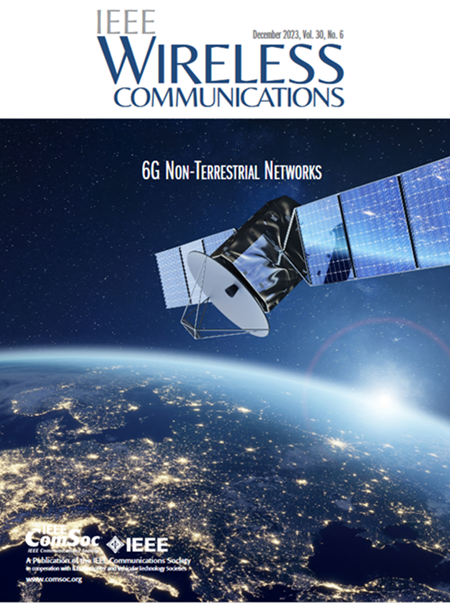移动边缘计算中基于数字孪生的任务卸载框架研究
IF 10.9
1区 计算机科学
Q1 COMPUTER SCIENCE, HARDWARE & ARCHITECTURE
引用次数: 0
摘要
在虚拟世界中,数字孪生的概念已经从模拟工业制造扩展到模拟网络空间中的物理对象。网络数字孪生使用实时数据和推理进行更新,以改进决策,这对移动边缘施加了很高的计算需求。移动边缘计算(MEC)为移动设备提供处理复杂任务的计算资源,解决了移动设备在性能上的不足。具有人工智能(AI)能力的网络数字孪生体在应对复杂多变的环境方面具有巨大优势。在本文中,我们提出了一个基于网络数字孪生的移动边缘计算框架,该框架将人工智能集成到移动边缘网络中,以实现智能资源管理。我们通过制定一个优化问题来解决边缘计算卸载任务,该问题通过MEC服务器选择和功率分配最小化移动用户的延迟。我们的解决方案采用了一种基于强化学习的算法,我们证明这种算法是有效的。实验结果表明,具有人工智能能力的基于网络数字孪生的框架可以进一步降低任务处理延迟,提高向用户提供的服务质量。本文章由计算机程序翻译,如有差异,请以英文原文为准。
Toward A Task Offloading Framework Based on Cyber Digital Twins in Mobile Edge Computing
In the metaverse, the concept of the digital twin has been expanded from modeling industrial manufacturing to the counterpart of physical objects in cyberspace. The cyber digital twin is updated using real-time data and reasoning to improve decision-making, which imposes a high computational demand on the mobile edge. Mobile edge computing (MEC) provides computing resources for mobile devices to handle complex tasks, addressing the shortcomings of mobile devices in performance. Cyber digital twins with artificial intelligence (AI) capability have great advantages in addressing complex and changing environments. In this article, we propose a cyber digital twin-based mobile edge computing framework, which integrates artificial intelligence into mobile edge networks to enable intelligent resource management. We address the edge computation offloading task through formulating an optimization problem that minimizes the latency of a mobile user via MEC server selection and power allocation. Our solution employs a reinforcement learning-based algorithm, which we demonstrate to be effective. The experimental results show that the cyber digital twin based framework with artificial intelligence capability can further reduce task processing latency and improve the quality of service provided to users.
求助全文
通过发布文献求助,成功后即可免费获取论文全文。
去求助
来源期刊

IEEE Wireless Communications
工程技术-电信学
CiteScore
24.20
自引率
1.60%
发文量
183
审稿时长
6-12 weeks
期刊介绍:
IEEE Wireless Communications is tailored for professionals within the communications and networking communities. It addresses technical and policy issues associated with personalized, location-independent communications across various media and protocol layers. Encompassing both wired and wireless communications, the magazine explores the intersection of computing, the mobility of individuals, communicating devices, and personalized services.
Every issue of this interdisciplinary publication presents high-quality articles delving into the revolutionary technological advances in personal, location-independent communications, and computing. IEEE Wireless Communications provides an insightful platform for individuals engaged in these dynamic fields, offering in-depth coverage of significant developments in the realm of communication technology.
 求助内容:
求助内容: 应助结果提醒方式:
应助结果提醒方式:


